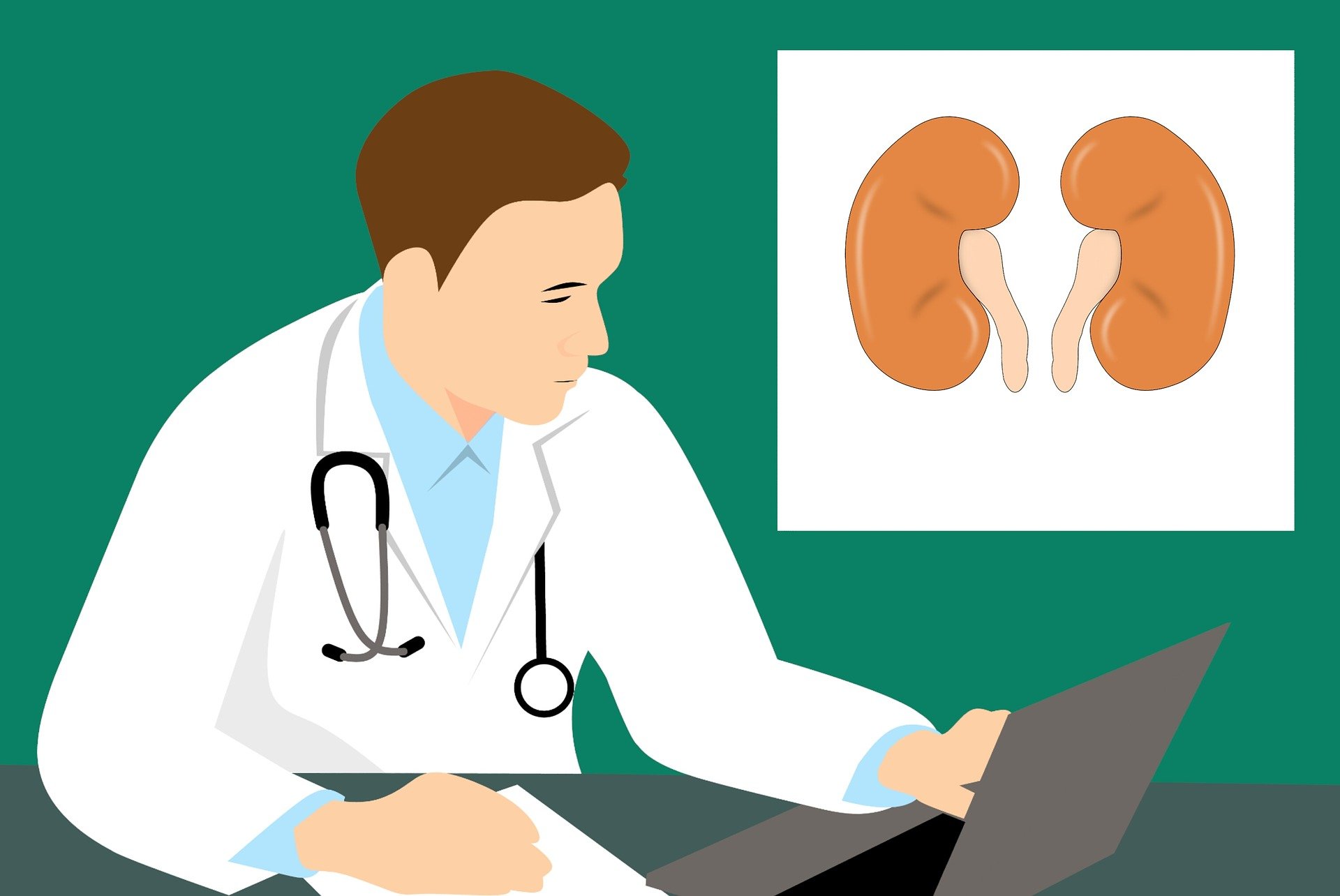Meaning of Kidney Disease
Nowadays, cases of kidney disease are increasing rapidly among people. Kidney disease can also be called a silent killer because it cannot be detected early and can result in serious complications in the future. People often ignore the symptoms of kidney disease, due to which they start suffering from kidney problems.
The kidneys are primarily responsible for filtering nitrogenous waste products like urea, acid, creatinine, etc., from the blood. Apart from this, they also help in the process of metabolism and the production of urine.
If you experience any symptoms of kidney disease, you should contact a Nephrologist to get a timely diagnosis and treatment. If you are obese or already have a chronic history of diabetes and kidney failure and are more than 55 years old, then you need regular kidney check-ups. In today’s article, we will tell you about the possible signs and symptoms of kidney disease.
- What is Kidney Disease?
- What are the Causes of Kidney Disease?
- What are the Symptoms of Kidney Disease?
- What is the Treatment for Kidney Disease?
- Best Nephrologist Doctors for Kidney Disease
What is Kidney Disease?
Kidney disease means that your kidneys are damaged and cannot filter blood properly as they should. However, if a person has diabetes or high blood pressure, they are at a higher risk of developing kidney disease. Apart from this, if you are experiencing kidney failure, then you can contact the best nephrologists. Depending on the stage of the kidney disease, the nephrologist may recommend a kidney transplant or dialysis for the treatment.
What are the Causes of Kidney Disease?
Kidney disease often occurs when a disease or condition impairs kidney function, causing kidney damage to worsen over several months or years.
Diseases and conditions that can lead to chronic kidney disease include:
- Type 1 or type 2 diabetes
- Hypertension
- Glomerulonephritis
- Interstitial nephritis
- Inflammation of the renal tubules and surrounding structures.
- Polycystic kidney disease
- Enlarged prostate
- Long-term blockage in the urinary tract due to conditions such as kidney stones and cancer.
Risk factors:
- Heart and blood vessel (cardiovascular) diseases
- Smoking
- Obesity
- Family history of kidney disease
- Abnormal kidney structure
- Old age
What are the Symptoms of Kidney Disease?
Following are the signs and symptoms of kidney disease. Let us elaborate further.
- Feeling nauseous
- Vomiting
- Loss of appetite
- Feeling tired and weak
- Having trouble sleeping
- Changes in urine output
- Decreased mental acuity
- Muscle twitching and cramping
- Swelling of feet and ankles
- Constant itching
- Chest pain
- If fluid builds up around the lining of the heart, it can cause pain.
- Shortness of breath, if fluid accumulates in the lungs.
If such signs and symptoms occur in a person, they should contact the best Nephrologist in Delhi without any delay.
What is the Treatment for Kidney Disease?
Kidney disease is treated based on the condition and symptoms of the patient. If kidney disease occurs due to some other problem such as diabetes or blood pressure, then try to control them to reduce kidney damage.
- If your blood pressure is being affected due to kidney disease, the doctor may prescribe some medicines, such as Ramipril, Lasix, Enalapril, etc. These drugs help in controlling blood pressure and reducing the amount of protein in the urine.
- Some other medicines help in the production of red blood cells as well as erythropoietin for the kidneys. These drugs include erythropoietin and darbepoetin.
- If both the kidneys of the person are completely damaged, then nephrologists recommend dialysis and kidney transplant. However, dialysis can be done in two ways.
- Hemodialysis – In this process, a machine helps to filter the blood, and then this blood is pumped back into the body. This type of dialysis can be done once or thrice a week. This procedure is usually done in the hospital.
- Peritoneal dialysis – In this procedure, the abdominal organs are used to filter the blood, like the intestine and liver. This procedure can be done daily while the patient is sleeping.
- A kidney transplant is performed by a nephrologist when the function of the kidney is completely impaired. During this, the affected kidney is replaced by a healthy kidney. After this transplant, the patient does not need dialysis.
If your doctor has suggested you a kidney transplant, you can book an appointment with the best Nephrologist in Indraprastha Hospital, Delhi. There are very experienced Nephrologists here and the hospital will provide better facilities and treatment to the patients.
Best Nephrologist Doctors for Kidney Disease
Apollo Indraprastha in New Delhi has many well-known Nephrologists who have multiple years of experience. Let us tell you a bit more about the team at Apollo Indraprastha.
- Dr. Ashok Sarin – Dr. Ashok Sarin is one of the best Nephrologists with almost 40 years of experience in this field. He works as a Senior Nephrologist in Apollo Hospital. Click here to book an appointment.
- Dr. Akhil Mishra – Dr. Akhil Mishra is the Best Nephrologist in Apollo Hospitals. He has 50 years of experience. He has done several successful kidney transplants. If you want to get treatment from him, you can book the appointment of the best nephrologist from here.
- Dr. DK Agarwal – Dr. DK Agarwal is the best Nephrologist in Delhi with experience of 24 years. So far, he has performed several emergency kidney transplants. If you want to get their appointment, you can click here.
Some other Nephrologist doctors in Delhi are –
- Dr. Gaurav Sagar
- Dr. Jayant Kumar
- Dr. Kailash Nath Singh
- Dr. Sanjeev Jasuja
These are all experienced doctors from whom you can get treatment for kidney disease. You can contact Apollo Hospital, Delhi, or call and make an appointment.
We hope that we could answer your questions regarding the possible signs and symptoms of kidney disease through this article.
If you want any information or treatment related to kidney disease, click here to consult the Best Nephrologists Doctor in Apollo Indraprastha Hospital.
We only aim to provide you with information about the best nephrologists in Delhi through this article. We do not recommend any medicine or treatment to anyone. Only the best nephrologist can give you good advice for kidney disease.

